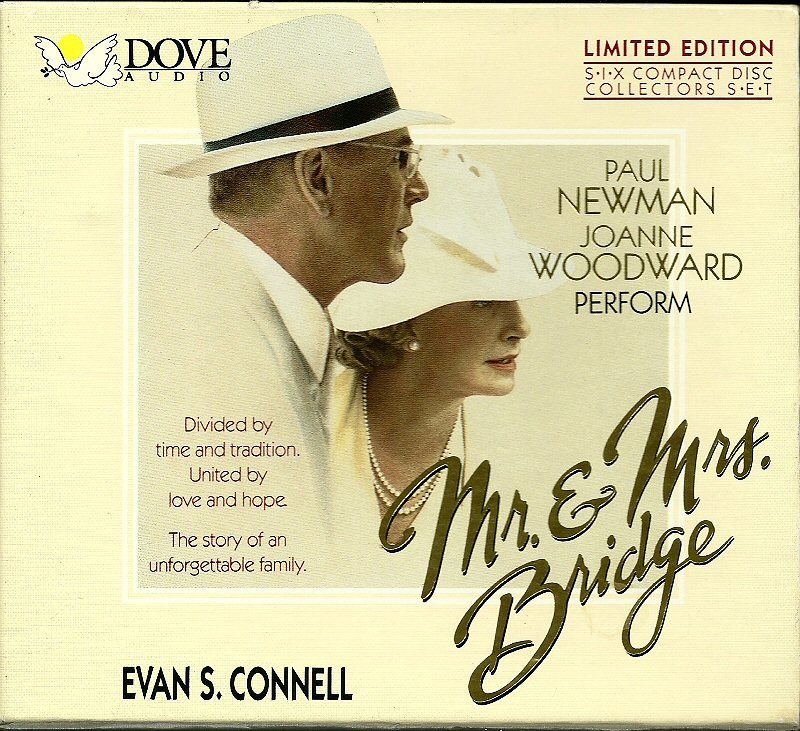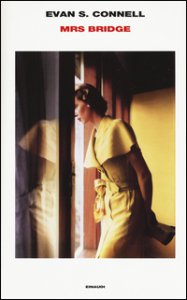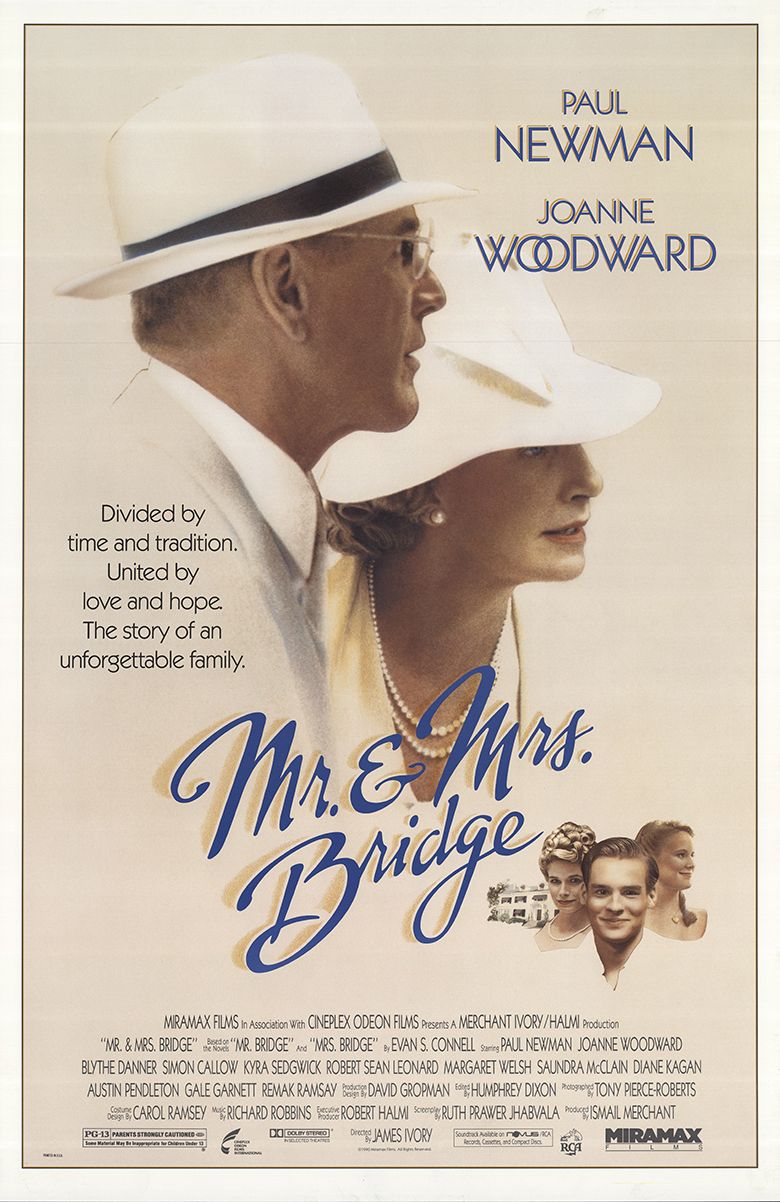

Mrs Bridge fills her days shopping for cocktail napkins her husband works and works and works. By then the world they describe was already a lost one. ‘She never forgot this moment when she almost apprehended the very meaning of life, and of the stars and planets, yes, and the flight of the earth.’ The critical word is ‘almost’.Ĭonnell’s two novels were written a decade apart, Mrs Bridge in 1959, Mr Bridge in 1969. This fruitless fretting forms the principal spring of Connell’s comedy it also provides grounds for our sympathy with his dazed and confused and consistently unheroic heroine. As a result, every aspect of her life is dominated by the same unresolved anxiety.


Like Mrs Miniver, Mrs Bridge inhabits an interwar world shaped by a promise of certainties - domestic, social, cultural and sexual - which are never wholly realised and remain frustratingly elusive. Had she been asked to identify herself, Mrs Bridge would have said the same, after asserting unequivocally that she was first and foremost the wife of Mr Walter Bridge, successful Kansas City lawyer, as entirely constrained by her status as professional spouse as Chaucer’s Wife of Bath or Jan Struther’s Mrs Miniver. A policeman encountering Mrs Bridge on the home furnishings floor of a Kansas City department store recognises her at once for what she is: ‘a bona-fide country-club matron’.


 0 kommentar(er)
0 kommentar(er)
